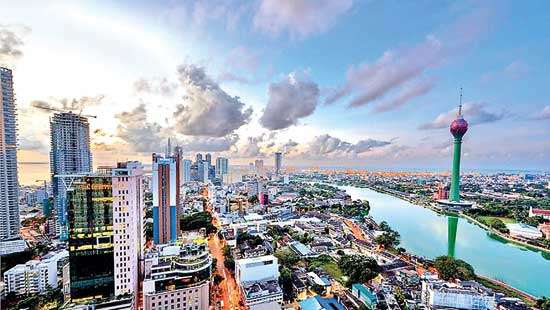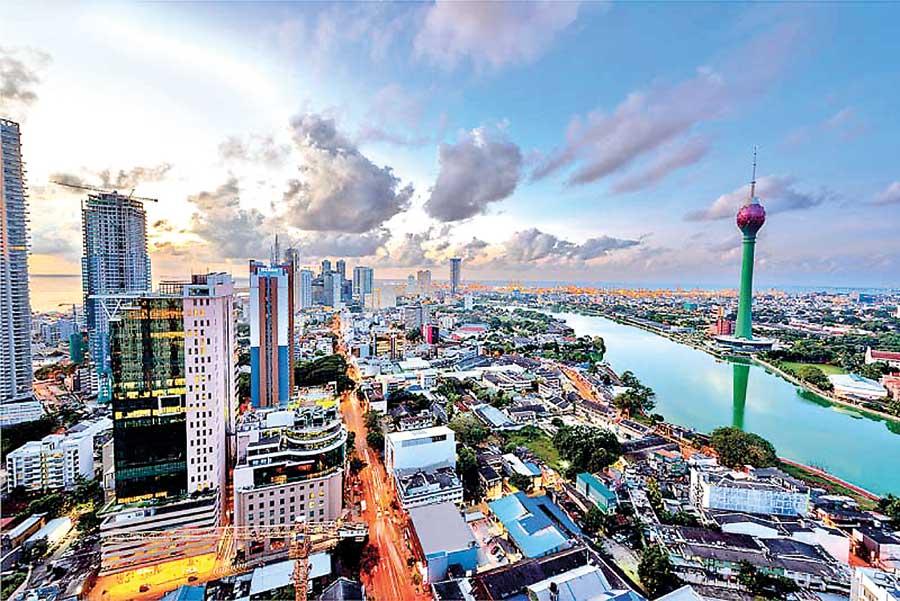Reply To:
Name - Reply Comment


- January revenue and grants amounted Rs. 283 bn
- Rs. 257.5 bn raised via taxes
- Recurring expenses up 33.3% to Rs. 395 bn
- Overall budget deficit at Rs. 166.8 bn
The revenue to the government, including the grants, rose by a staggering 61.8 percent in January 2024. This is a result of the government raking in billions of rupees out of people’s pockets to appease the International Monetary Fund’s revenue targets.
The government revenues and grants for January were Rs.283.19 billion, out of which Rs.257.57 billion was raised via taxes. This was 63.8 percent higher from the same period last year.
The staggering increase in the tax revenues in January compared to the same month in 2023 was predominantly due to the recovering economy which was supported further by the 3 percent increase in the value added tax rate from January 1, 2024 onwards.
Between then and now, there wasn’t a single other tax imposed or raised except for the value added tax, and hence the bulk of the growth in tax income came from the recovering economy due to the normalising foreign currency inflows.
But, no amount of reasoning for the decline in tax revenues from 2020 through 2022 was enough to change the minds of certain experts and the free market think tanks as they continued to attribute that to the 2019 December tax cuts.
Fortnight ago, the Advocata Institute Chairman Murtaza Jafferjee at a Central Bank moderated panel discussion said the 2022 power cuts were due to people consuming more power.
“We were experiencing long power cuts but electricity usage was off the charts in spite of six, seven, eight hour long power cuts”, he told the forum.
“So the power cuts were happening because the demand was off the charts”, he went on to say for an audience full of Central Bankers, bank chieftains and journalists.
He was saying that people were switching on two lights in their households instead of one in the lead up to the power cuts from mid-February in 2022.
It was the banks, the other businesses and the people who asked for the lower taxes by changing the government in 2019.
The results of the lower tax rates could not be seen due to the two years of pandemic which more than halved the economic activities due to restrictions necessitated by it.
Tourism, which was generating nearly US$ 5.0 billion was lost for two consecutive years due to the pandemic. It had the potential to stimulate most of the local economic activities such as food and beverage, leisure, accommodation, entertainment and small business activities.
The services sector Purchasing Managers’ Index repeatedly shows every month what the robust tourist arrivals are doing to keep all these activities humming.
Meanwhile, in the January budget, the recurring expenses rose by 33.3 percent to Rs.395.09 billion. The capital expenditure and lending minus repayments were up from a negative Rs.6.65 billion to Rs.54.97 billion.
As a result, the primary deficit of the budget – revenue less expenses excluding interest payments - was at Rs. 70.68 billion, up from 39.24 billion in the year before.
The overall budget deficit was recorded at Rs.166.87 billion, up from Rs.114.70 billion.